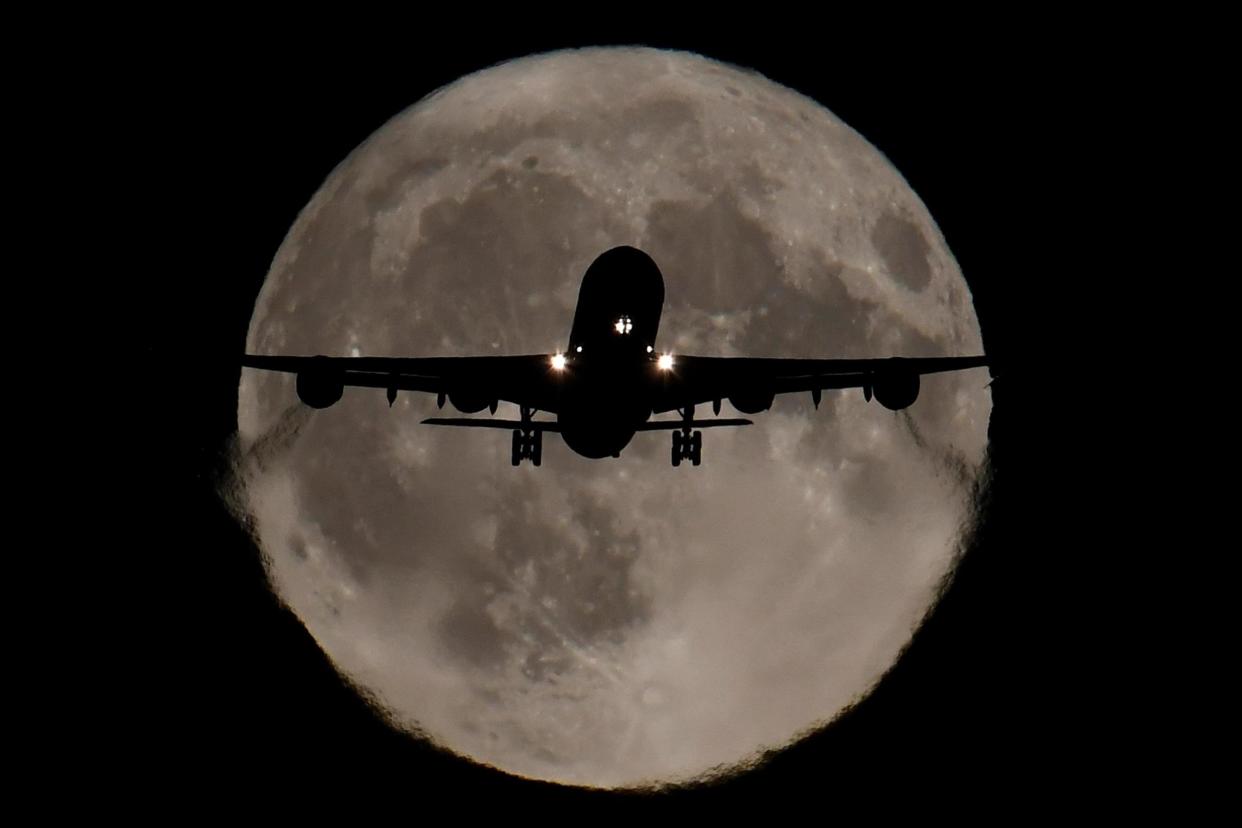UK Budget 2017: Business chiefs seeking Brexit deals hit by flights levy

Business chiefs hoping to strike key trade deals outside of Europe post-Brexit will have to shell out more to get there, it emerged in the Budget.
Philip Hammond froze Air Passenger Duty for short and long-haul economy flights. The rates for 2019-20 will be frozen, as they have been since 2012, boosting revenues by £25 million in that year.
However, the Chancellor increased the levy on premium, business and first class tickets by £16 and those travelling by private jet by £47 per journey. Currently APD for private jet’s travelling over 2000 miles is £450 per journey on outbound flights while long-haul top-end passengers pay £150.
The government, spearheaded by international trade secretary Liam Fox, was attempting to encourage businesses to broker deals with nations beyond the EU after the UK leaves the bloc.
Prime Minister Theresa May has been attempting to woo trade to Britian, with high-profile missions including India and Japan.
The government has pencilled in a step up in the tax take from Air Passenger Duty from £3.3 billion this financial year to £4 billion by 2022-23.
Cormac Marum, head of tax at accountancy Harwood Hutton, said: “In the 1980s Tory peer Norman Tebbit urged us to get on our bikes to find new work. Now Liam Fox is urging us to fly off to new markets post-Brexit.
“There was no tax hike on Tebbit’s bicycle, but there clearly is a tax to pay for taking the plane.”

 Yahoo News
Yahoo News 
